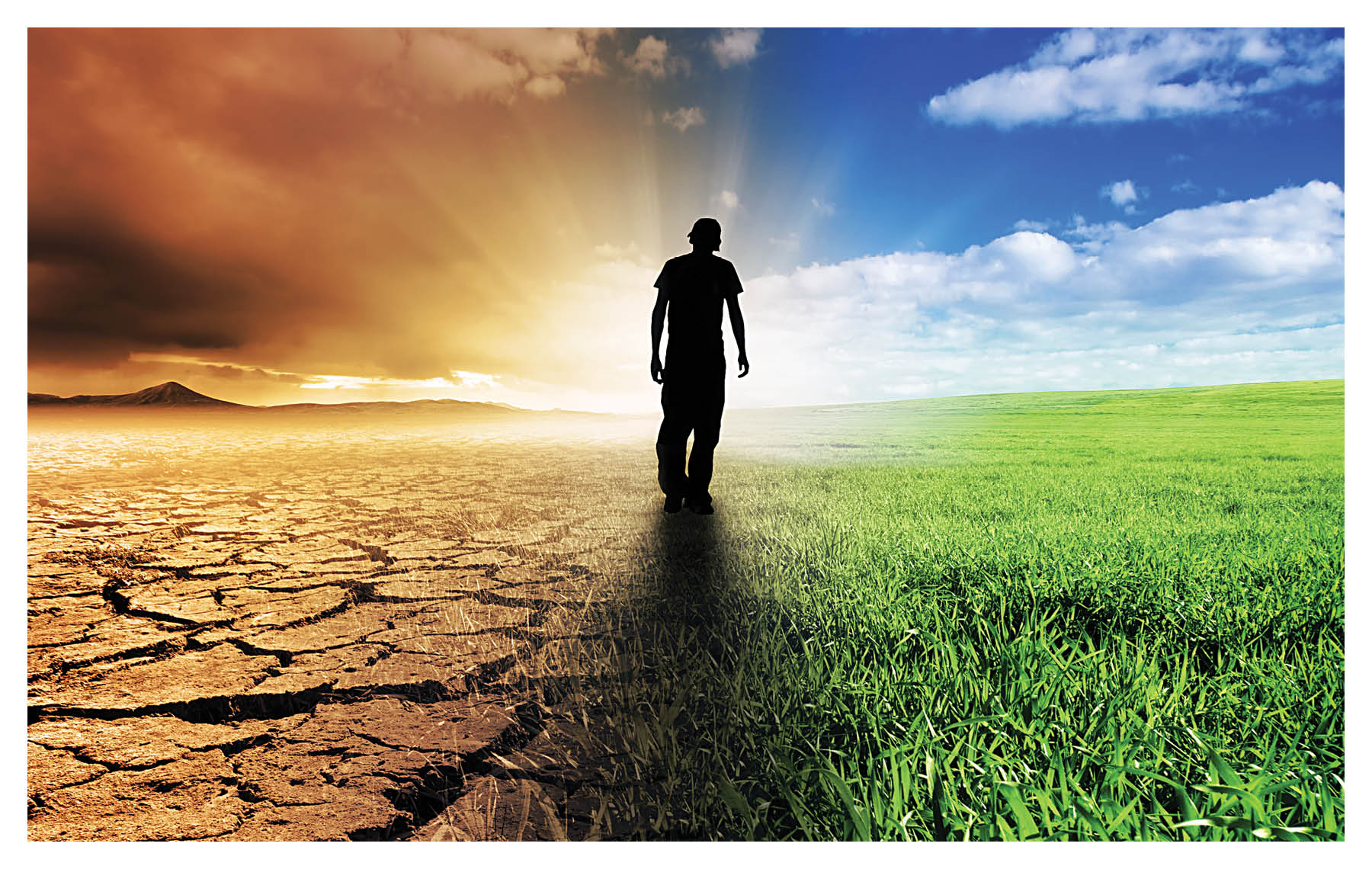
I have been deeply concerned about climate change since the 1980s. I have a vivid memory of sitting in the teacher’s lounge in the school where I was teaching in Elizabeth, N.J., in 1987, and asking a fellow faculty member if she’d be willing to give up her car in order to secure a non-climate-changed world for her future grandchildren. She looked at me like I was out of my mind. In a certain way, I guess I was. Yet, here we are.
I have no idea where her grandchildren (if she has any) now live. My grandchild lives in Northern California where, along with millions of other people, she recently breathed very unhealthful air for days and days as a result of the tragic and deadly Camp Fire. I’m certainly willing to grant that factors other than climate change contributed to the fire, but I’m not willing to grant that climate change was not a significant one. This fire, along with the Woolsey Fire that burned just miles from where I live and work, was the latest in a steady global drumbeat of extreme and deadly weather events.
Climate change is here.
I have few waking hours these days during which I do not think about this at least once. I am occasionally sad. I am anxious. Not only about the prospects that await us, but also about the fact that we, the human race, know what’s going on but are functionally unable to do much about it. This week’s news that most of the major signatories to the Paris climate accord are not on track to meet their goals is disappointing, but not really surprising. (And let’s not even go to the outright denial espoused by our president.)
I am person of religious faith — and a religious “professional” to boot. What do I do now? What do I daven for? How do I act? How do I avoid a state of sad resignation that is both contrary to Jewish faith and just plain bad for a human being? What are our next steps?
“How do I avoid a state of sad resignation that is both contrary to Jewish faith and just plain bad for a human being? What are our next steps?”
Well, if you are any sort of Maimonidean, you cannot pray for God to suck the carbon dioxide out of the atmosphere or change the laws of chemistry. God is our beneficent Creator who renews creation daily, but He never changes the underlying rules. You also can’t pray that God will compel people to act differently. Free choice is something God doesn’t tamper with. But there are other realms of prayer that we can definitely enter here. The blessings and supplications in our daily davening presume that God does grace human beings with wisdom, strength and courage. Add to this the faith that God is merciful, which is a faith that pervades our prayer, and we have more than enough to start with. We can have the climate change discussion with God.
Davening is a necessary but insufficient response, though, for any person of religious faith. We always look to back our faith with action. Of course, we can and should “green” our personal behavior, our philanthropic behavior and our political behavior. But there’s something bigger out there to do as well. Something that emerges from the oddly comforting (to me) fact that we are all going to be in this together. All of us. Everybody. And we are all going to need each other in ways that we’ve never needed each other before.
Think about the remarkable and inspiring ways in which, over the last 24 months, so many people have expanded their hearts and have gone out of their way to provide aid and support to hurricane-tossed and fire-singed strangers all over the country. What we people of religious faith need to do now is to actively and intentionally cultivate these bonds of human community and love. For these are the bonds that will mitigate whatever may be coming our way. Opportunities to do this present themselves constantly, in every human interaction that we have. And they are also out there on a much larger scale, available to each one of us, requiring only that we open our eyes to their existence, and have the wisdom, strength and courage — God willing — to energetically pursue them.
There are, undoubtedly, other ways that people of religious faith can bring the power of that faith to bear on this vast human challenge. This is the moment, for all of us to get started, to get going.
I hope this wasn’t “too much information” about my personal emotional state. For whatever it’s worth, just sharing it makes me feel a little better. And it is my hope that, as the old Jewish adage goes, “words that emanate from the heart, enter the heart.”
Rabbi Yosef Kanefsky is the rabbi of B’nai David–Judea Congregation.






















 More news and opinions than at a Shabbat dinner, right in your inbox.
More news and opinions than at a Shabbat dinner, right in your inbox.